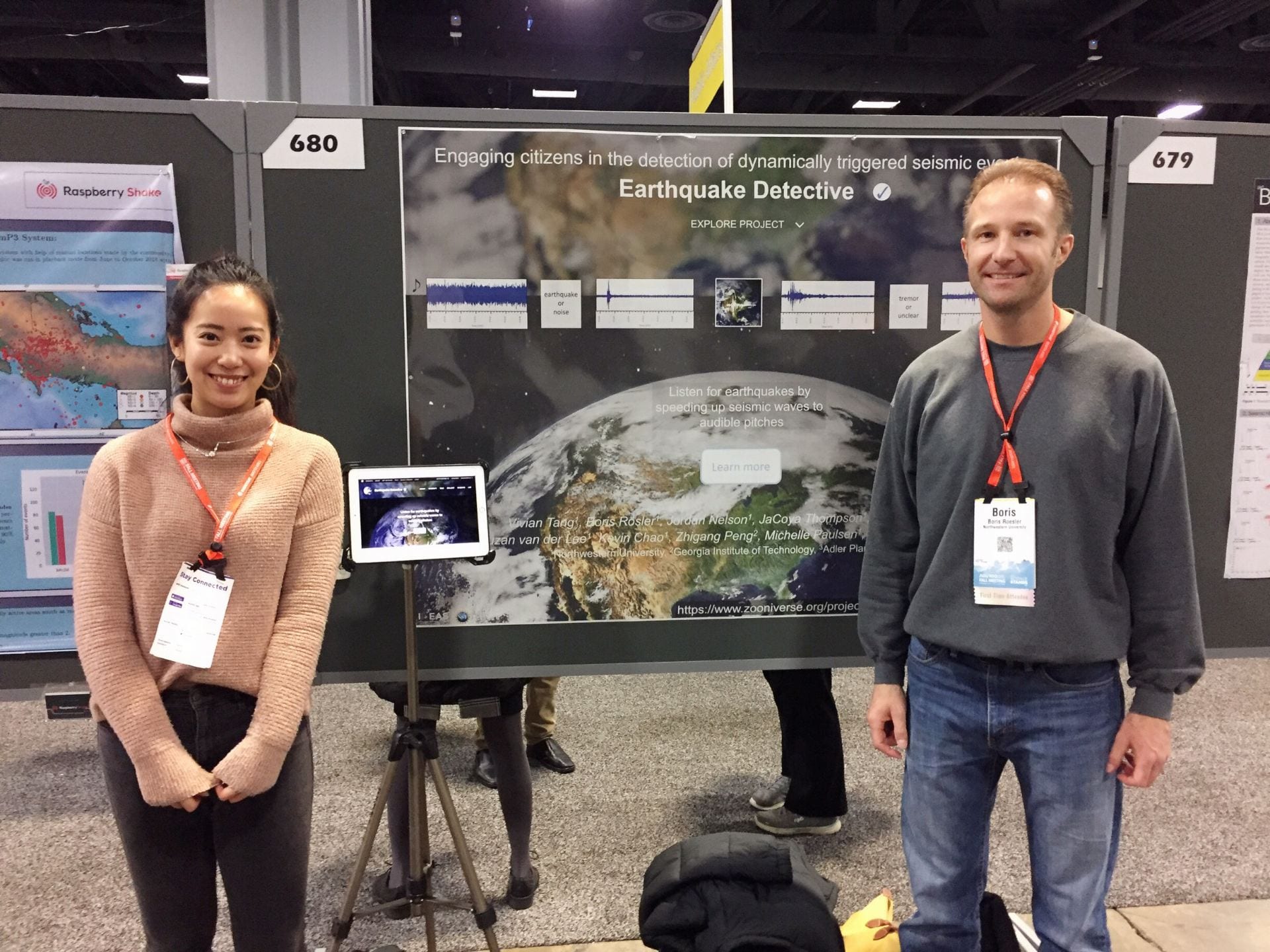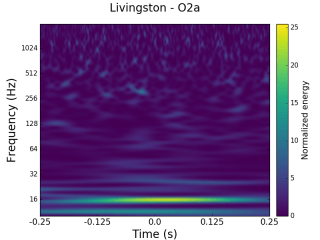While pursuing interdisciplinary research projects for their degrees, PhD students will also gain experience in the development and management of citizen science projects, advancing not just outreach but also actual research.
IDEAS trainees will spend approximately 15% of their time over one year working in small interdisciplinary teams on the planning, development, and ultimate launch of a citizen science project related to their research. IDEAS trainees who do not receive NSF funding will still have the opportunity to participate in this experience.
Note: Citizen Science project involvement is only a requirement for Trainees who received funding prior to Fall 2021.
IDEAS Trainees’ Citizen Science Projects:
Earthquake Detective:
This project aims to classify types of seismic events such as earthquakes or tremor, which are measured as motion of the surface of the earth.
The Earthquake Detective team altered the frequencies of raw, seismic waves to audible pitches, so volunteers can classify types of events by listening to them. By listening to seismic waves, different seismic events can be classified by anyone. When enough data is classified, seismologists and data scientists can use it to train a machine learning algorithm to automate the classification of seismograms.
In classifying the seismic events, the Earthquake Detective team hopes to better understand the population of these seismic events and the conditions under which they occur.

For additional information: Earthquake Detective on Zooniverse
Gravity Spy:


This is an interdisciplinary project incorporating citizen science, machine learning, social science, and LIGO detector characterization. One major issue afflicting LIGO’s ability to detect gravitational waves is poorly-modeled noise known as “glitches” Gravity Spy aids in the classification and characterization of glitches by combining human intuition and pattern recognition with the power of computers to process large amounts of data systematically.
Zooniverse Project volunteers morphologically classify glitches from the LIGO data stream, which are used to train machine learning algorithms for further classification. In addition to the characterization and elimination of problematic noise in the LIGO data stream, Gravity Spy promotes gravitational wave science and involves the lay public in scientific progress.
For additional information: Gravity Spy on Zooniverse

